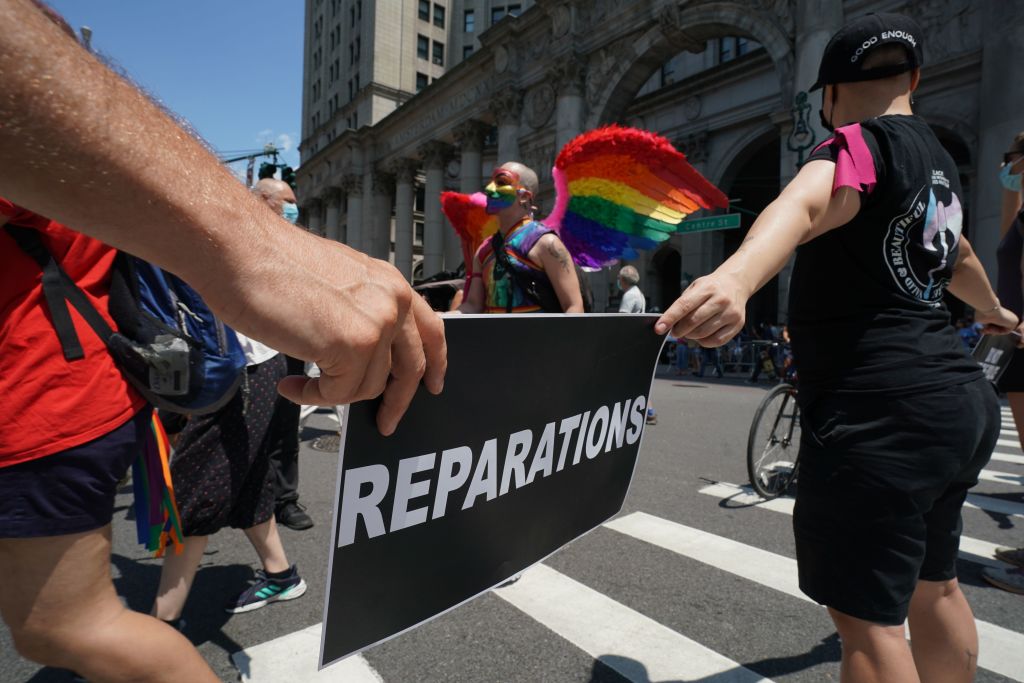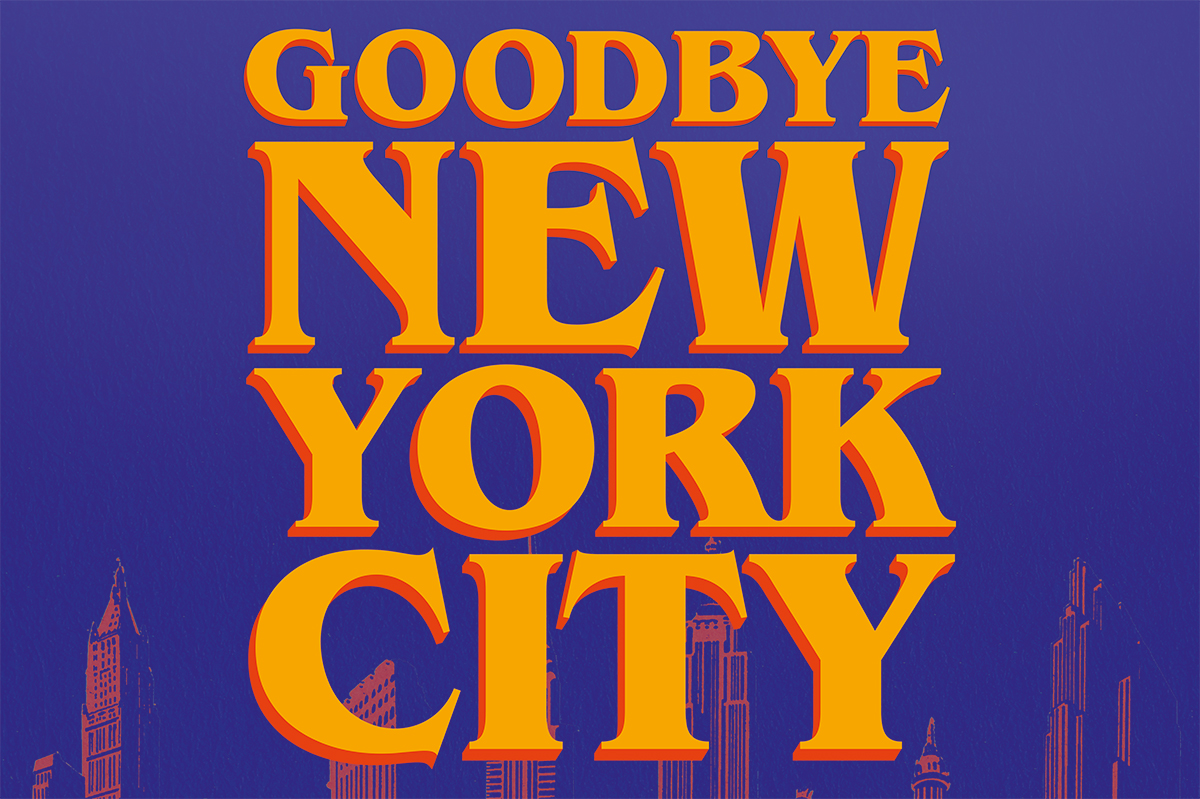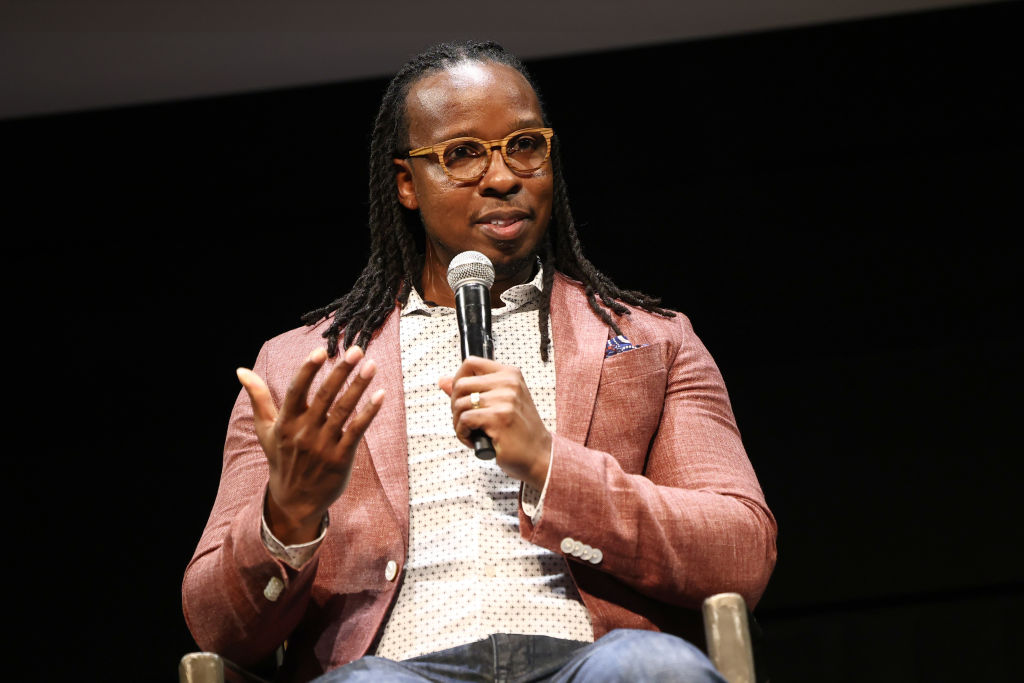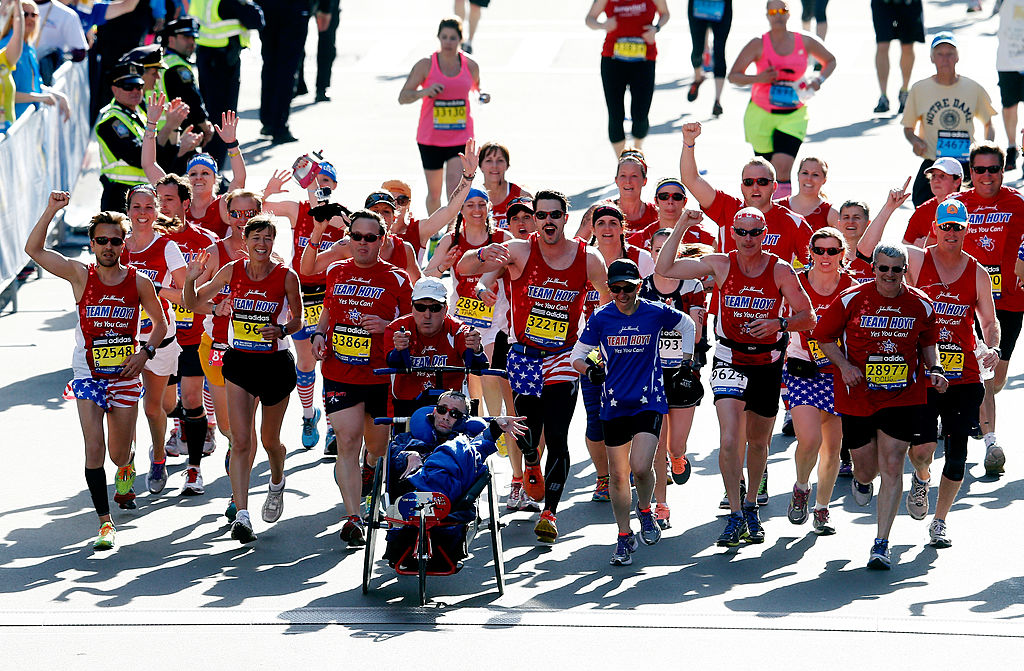Reparations are a recipe for rancor. Under the guise of settling a grievance, they intensify and often eternalize it. They almost inevitably plant seeds of enmity that last for generations. However large the cost, the victorious side eventually feels it settled too cheap. And the side that humbly paid comes to recognize it paid too dearly and gained nothing more than a pause in the demands. Reparations don’t repair. They turn the original grievance into institutionalized animosity.
The topic comes up because today’s doyen of racial resentment, the New York Times’s Nikole Hannah-Jones, says that monetary reparations are ‘What Is Owed’ to black Americans for centuries of slavery and ‘slavocracy’. How the country as a whole will respond to this demand remains to be seen, but the furnaces of elite black grievance are hotter than they been since the April 1968 riots ignited by the assassination of Martin Luther King Jr, and the wells of white apology and guilt are in full flood. Reparations are sure to be on the political agenda in the presidential election this fall, even if the word itself is avoided.
To provide reparations for slavery, the country would have to overcome seemingly insurmountable mountains of practical difficulty. Who would be eligible? Would awards be proportional to the share of an individual’s slave ancestry? If so, how would that be determined? Would it be fair to tax Americans who have no ancestral connection to slavery to pay for reparations? Would recent immigrants or descendants of post-Civil War immigrants be on the hook? Would descendants of blacks who themselves owned slaves receive or pay reparations? The more you think about it, the more the questions multiply.
What principle guides this exercise? How far back in time does that principle extend? In 1816, Shaka Zuku launched a war of conquest in South Africa in which he succeeded in subjugating all the neighboring tribes. Are reparations due for that? Southern Africa was once inhabited by hunter-gatherers of a distinctly different genetic and linguistic heritage from the Bantu cattle herders that began displacing the original inhabitants in the 11th century. Today’s descendants of the pre-Bantu inhabitants, such as the San (Bushmen) in Botswana and Namibia are relegated to the poorest land and the fewest resources. Should the Bantu peoples collectively pay reparations to the Khoe, Tuu, or Kx’a-speaking indigenous hunter-gatherers? If we go back further, the Bantu-speaking peoples appear to have begun expanding out of their West African homeland about 5,000 years ago, and eventually drove dozens or perhaps hundreds of other African populations to extinction. Remnants survive, such the Mbenga (Congolese pygmies), who were (and are) often enslaved by their Bantu neighbors. The historical injustice echoes down through the ages to today. Reparations?
I choose some African examples because injustice to the descendants of Africans is on the table. But turn wherever we will in human history and pre-history, we find stories of invasion, extirpation, displacement, rape, enslavement, tyranny, and — often enough — genocide. Injustice imposed at the tip of a spear is the sorry history of humanity, and probably extends back to the meetings of Homo sapiens with our Neanderthal and Denisovan cousins. It might be good for us all if we recognized and repented our Hobbesian past as a prophylactic against a Hobbesian future of ‘warre of all against all’. At a minimum we can refrain from ethno-celebrating the ruthlessness of our ancestors.
This is to say that what might be called the philosophy of reparations makes no sense, at least on the anthropological scale. The injustices visited by the Normans on the Saxons, the Huns on the Goths, the Goths on the Romans, the Ojibwa on the Dakota, and so on ad infinitum are not beyond recall but are absolutely beyond setting straight among those alive today. Not only are our ancestries all mixed up, but the grievances themselves are not — despite the efforts of people like Hannah-Jones — heritable property. If your grandfather swindled my grandfather, I have no claim on your bank account. All I have is a story, the value of which depends on what I can learn from it.
Reparations don’t ever seem to work, even when the grievance is present tense. The reparations imposed on Germany in 1919 in the Treaty of Versailles entailed 132 billion gold marks (US $33 billion), of which Germany succeeded by 1932 in paying $21 billion marks. The humiliation to the Germans helped propel Hitler to power and to precipitate World War Two. This is probably the best-known backfire of reparations, but it is far from an isolated instance. Among tribal peoples the world over, blood-payments for homicides are common. They typically buy peace, and both sides swear that the matter is settled, and so it is until the side that suffered the loss finds occasion to kill someone on the other side. Reparations are just the stop-gap in the cycle of revenge, and they amount to little more than non-lethal vengeance, no matter how they are dressed up as a just and fair balancing of the books. The underlying idea — and it is definitely underlying — is payback, or to be a little more highfalutin, reciprocity. That’s a subject worth study because it embodies so many illusions. We all want reciprocity in the sense of a fair shake, and the idea of reciprocity is the beating heart of economic exchange. The seller and the buyer attempt to achieve reciprocity by agreeing on a price. But that’s not the end of it, because the seller and the buyer have also implicitly agreed on a relationship of mutual trust. That could be a deep and lasting trust or a fragile one that is easily broken. If it breaks, reciprocity kicks in its psychological demand for something more: an apology, a discount, or — here it comes! — reparations.
Once again, reparations can’t repair the actual damage in a broken relationship. Instead they are like a clumsy job of gluing together the shards of a broken bowl. The seams show and it will break again.
As a practical policy proposal, reparations for slavery is fanciful and perhaps silly. But as an act of provocation, Hannah-Jones’s advocacy of reparations gleams with spiteful deliberation. It is posed, of course, as an answer to an abiding question: ‘What is owed?’ But the title lacks the question mark. ‘What is Owed’ is the flat assertion of the answer. Hannah-Jones has the tally and she is going to tell us what reciprocity demands. The predicate for this is the entire 1619 Project of August 2019, in which Hannah-Jones and her colleagues hammered, sawed, stretched, and fabricated their way to a fable that credited slavery as the source of all American prosperity and white people as the oppressor class that gained power and comfort solely through the machinations of racism. Systemic racism. White supremacy.
Hannah-Jones’s new manifesto opens with a recapitulation of those claims wrapped up with a celebration of the post-Floyd riots, which she now is happy to own as the ‘1619 Riots’. She writes with evident pride that ‘the cascading effect of these protests has been something to behold’. Her rhetoric is incendiary. George Floyd’s death ‘must be described without hyperbole as a modern-day lynching’ — which is, of course, hyperbole. His death was many things, but a lynching it was not. But Hannah-Jones takes her time rebuilding the story of America’s prevailing racial injustice before reaching for her main contention, which is that ‘so much of what makes black lives hard’ is ‘the lack of wealth that has been a defining feature of black life since the end of slavery.’ She underscores: ‘Wealth, not income.’ And spends several paragraphs elaborating the distinction. Blacks are poor because structural racism stood in the way of their gaining the kinds of assets (e.g. property rights, accumulation of capital) that make people prosperous.That’s a problem with a seemingly transparent solution: gives lots of money to blacks and they too will have ‘wealth’, and will thrive in all the ways that wealth permits.
I am not going to tackle the economics of this conceit, as I am sure others can do that better than I can. Rather, I am fascinated by Hannah-Jones’s moral sleight-of-hand. The failure of the federal government to follow up Gen. Sherman’s Special Field Order 15, directing that confiscated Confederate land be distributed in 40-acre parcels to freed slaves anchors her sense of injustice. Indeed, it was unjust for the federal government to fail to make better provision for the many destitute former slaves. But how does that bear on the case for reparations?
It bears on it, argues Hannah-Jones, because the balance has never been set right and that the economic disparity between blacks and whites today is the result of such failure. People of good faith may accept that argument. Hannah-Jones counts on that good faith, but is slavery and its Jim Crow aftermath really the whole explanation?
[special_offer]
To blame the wealth gap between blacks and whites on ‘systemic racism’ overlooks several other factors, starting with the interlocking effects of the breakdown of the black family starting in the 1960s, the dependency fostered by Great Society programs, and rampant criminality among young urban (and typically fatherless) blacks. A community doesn’t build generational wealth through single mothers, reliance on welfare checks, or young men specializing in muggings and the drug trade. Such topics are of course occluded by the picture of blacks as merely victims of a ruthlessly unjust society. The social pathologies that plague the black ‘community’ are ignored, dismissed as stereotypes, or increasingly attacked as things only racists would say.
Hannah-Jones’s picture of ‘white terror’ visited upon black communities over a century ago deserves to be reckoned with, but her leap from that to the demand for reparations comes by way of the springboard of racial resentment and recrimination. The present state of affairs has to be someone’s faults — someone else’s fault. And that fault is an inherited one. The privileged, jealous of their privileges, continue to oppress. ‘White America’ wants ‘to bandage over and move on’, and has ‘remarkable imperviousness to facts when it comes to white advantage and architected black disadvantage’. It would be easy to reverse this equation. Hannah-Jones is remarkably impervious to facts that run counter to her story of white oppression. She wants to bandage our eyes to the astonishing sacrifices Americans made to end slavery and secure legal equality for the formerly enslaved, and the gigantic investments Americans have made in social welfare policies and Civil Rights programs.
What explains Hannah-Jones’s willful blindness is, at bottom, her thirst for revenge. The historical scales for generations who died in slavery and those who lived to see emancipation can never be righted because they belong to a past that we cannot undo. Massive transfers of wealth to living descendants of people who were once enslaved cannot bring justice. They can only perpetuate grievance. And that is Hannah-Jones’s true project. Calling for reparations excites expectations which, met or unmet, will only ratify a sense that the real debt can never be paid and must always fester. No matter how much magnanimity can be summoned from the Americans asked to pay such reparations, they and their descendants will come to recognize that the ‘debt’ is and will be forever stamped ‘unpaid’. Racism remains a real factor in American life, but contrary to Hannah-Jones, we are not a racist country. Her real project is to change that. If we want racism, in the form of eternal race-based grievances on both sides, reparations will be how we will get it.

























